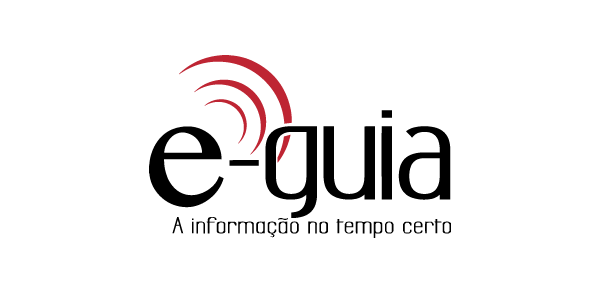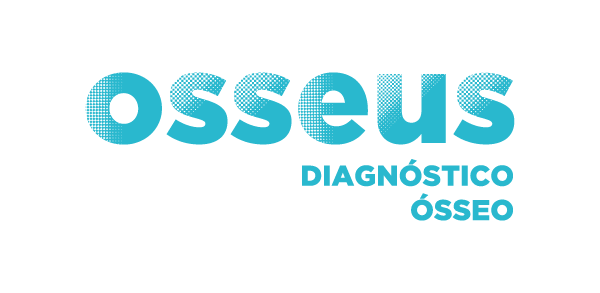RegulaRN is an intelligent system to order and standardize the flow of access to COVID-19 beds (critical and clinical care) in Rio Grande do Norte. The system was created during the new coronavirus pandemic to assist in regulating beds across RN. In addition, through a series of algorithms for process automation, the system can optimize the SUS response time for the use of beds offered in the State.
The RegulaRN platform was fully developed by a LAIS team of Information Technology (IT) researchers. They voluntarily created the system as a collaborative measure for tacking COVID-19, meeting a demand suppressed for years by SESAP (Public Health Secretariat of the RN State) that needed a bed regulation system for the state health care network.
The system allows predicting whether the health care network is close to overcrowding and makes it possible to map information about the situation of ICU vacancies and clinical beds. RegulaRN promotes equity to the population and transparency to health managers, aiding actions by health services and efficiently contributing to public health policymaking in RN.
After the critical period of the pandemic, RegulaRN had its operations expanded to several critical processes for regulating the Brazilian Health System (SUS) at a State level. With such an expansion, the platform delivers information on beds, high-complexity exams (e.g., tomography, resonance imaging, and densitometry), continuity treatments (e.g., chemotherapy and hemodialysis), urgency and emergency (SAMU), and elective surgeries. There will also be, in this project, a space exclusively geared toward hospital management since this is a strategic area for regulation.
RegulaRN allows patients to assist public health services with transparency, integrity, and equity, following the SUS national regulation policy.
It is possible through the system to monitor in real-time the availability of beds in the public health care network of the State of RN.
The health professionals who work in demand for bed regulation in the state's health system have simplified and agile access to data on the patient and the availability of beds and can systematically mediate and promote equity in assistance to the population.
It has a cross-checking of data that identifies the situation of existing beds in the public health care network throughout the state of RN and the patients that need regulation, thus optimizing the flow of care and saving lives more effectively and quickly.

Platform for guiding the visually impaired in the urban public transportation system.

A non-invasive method used to diagnose diseases of osteometabolic origin.

Ferramenta de monitoramento remoto dos sinais vitais dos pacientes com Esclerose Lateral Amiotrófica (ELA)